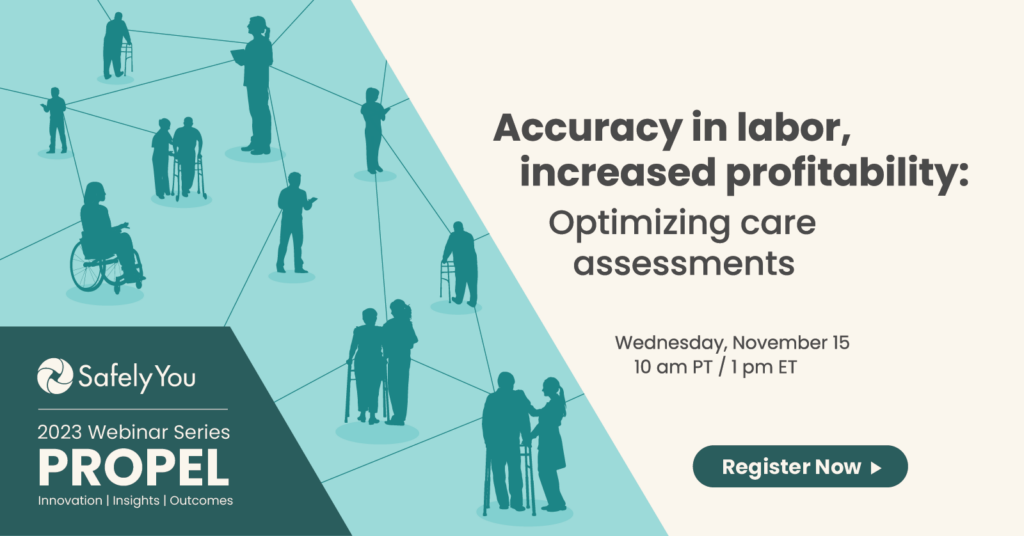Emergency room (ER) visits and hospital admissions can be extremely traumatic for people living with dementia. Imagine the lights, sounds, unfamiliar people, sense of urgency, and not being able to explain how you are feeling or understand why you are there.
Compared with other older adults, older people who are living with dementia have:
-
- Three times as many hospital admissions
- Four times as many hospital days
- Almost three times as many ER visits
In addition, people living with dementia that are admitted to a hospital are likely to be longer than usual for their primary diagnosis and may lead to adverse outcomes, such as:
-
- New delirium
- Pressure ulcers
- Incontinence
- Functional decline
- Physical restraints
- Psychotropic medications
- Untreated pain
- New feeding tubes
It is especially important to be aware of these vulnerabilities during an inpatient stay and to take steps to prevent these poor outcomes, which may lead to further decline and avoidable readmissions to the hospital*.
It is crucial to reduce hospital admissions for people living with dementia during the COVID-19 pandemic. While care communities should always follow their own specific protocols, communities should consider implementing the following key steps to avoid unnecessary hospital admissions for their residents:
-
- Train staff on how to give a complete physical assessment, monitor for a change in status including examining for skin breakdown, increased bathroom visits, signs of pain or increased confusion
- Implement routine environmental sweeps to identify potential fall hazards within resident rooms. Instruct staff to ensure mobility aids are accessible.
- Consult a telemedicine doctor
- If a family member can’t immediately accompany a resident to the hospital, designate a staff person to go with them.
- Educate caregivers on how to be an advocate for residents. For example, ensure they understand the resident’s baseline cognitive, transfer and ADL status. Provide a list of questions to ask while in the hospital.
*Source: Next Step in Care





